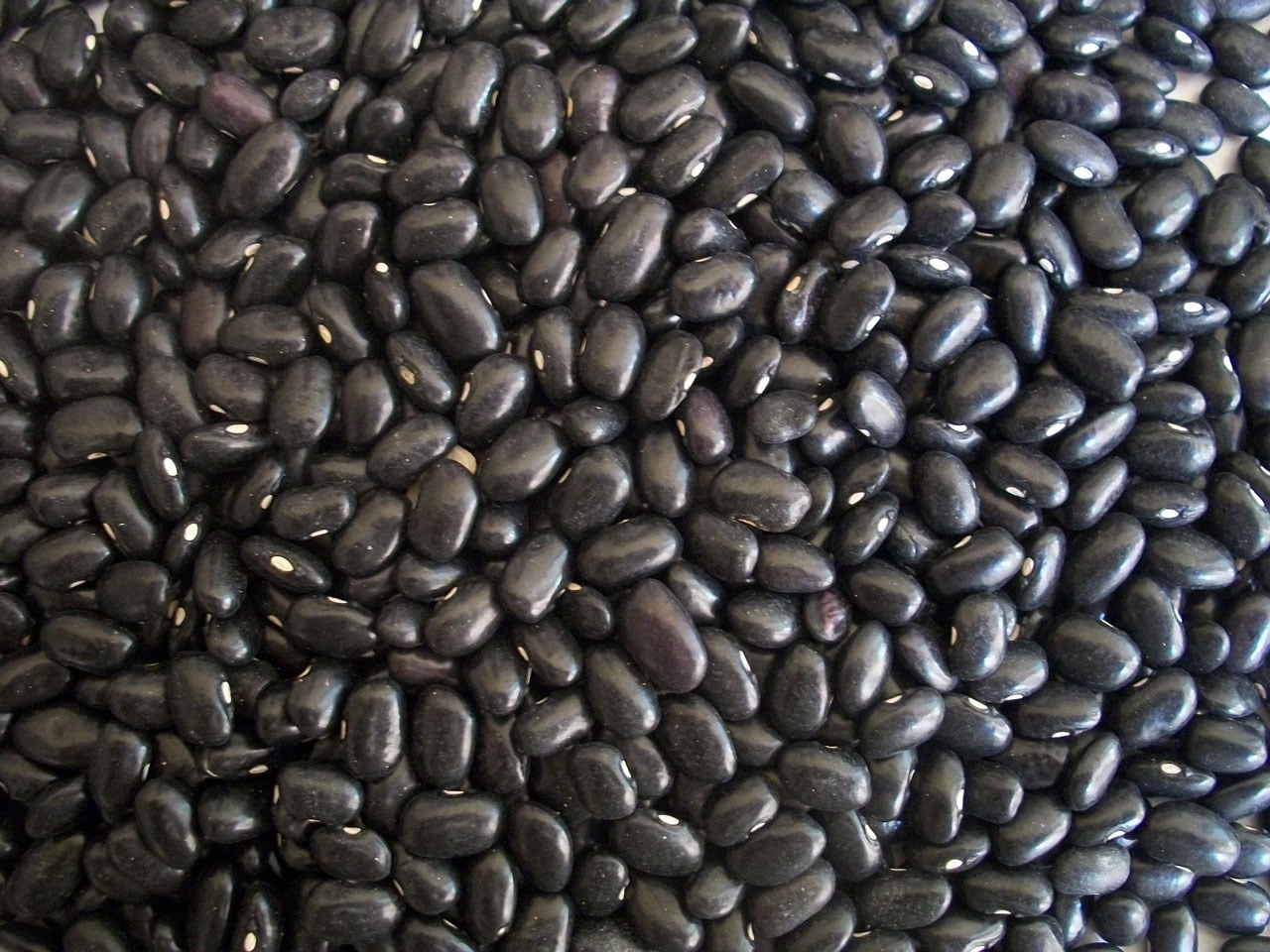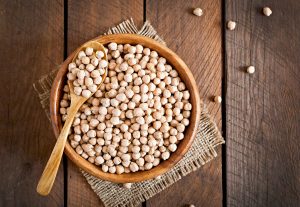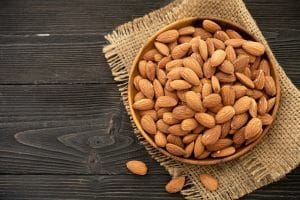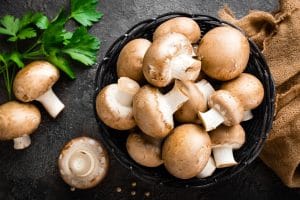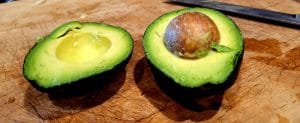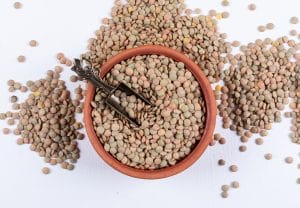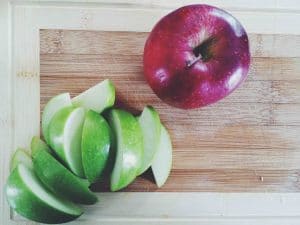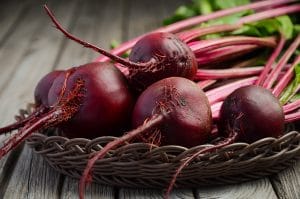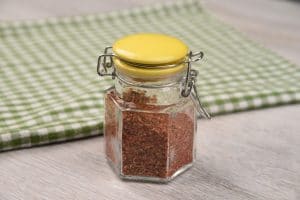Are Black Beans Low FODMAP?
Important Note: When you buy through our links, we may earn a commission. As an Amazon Associate we earn from qualifying purchases. Content, pricing, offers and availability are subject to change at any time - more info.
If you suffer from digestive problems, you may be wondering which food groups make the situation better or worse. Black beans have a certain FODMAP content. FODMAPs refer to a group of carbohydrates that are difficult to absorb in the gut, so it would be interesting to know where black beans fall in the FODMAP diet.
Black beans are considered high FODMAP food as they are high in one of the carbohydrates of FODMAP – Oligosaccharides. However, you can still consume black beans on a low FODMAP diet, provided they are canned, rinsed, drained, and the correct serving size.
FODMAP is an acronym for Fermentable, Oligosaccharides, Disaccharides, Monosaccharides, and Polyols. Black beans are high in these particular short-chain carbohydrates that are not properly digested in the gut. Fortunately, there are ways in which black beans can still be eaten on a low FODMAP diet.
- Are Black Beans Low FODMAP?
- Are Canned Black Beans Low FODMAP?
- Is Black Bean Pasta Low FODMAP?
- Is Black Bean Sauce Low FODMAP?
- Incorporating Black Beans On A Low FODMAP Diet
- Not Just Plain Ol’Beans
Are Black Beans Low FODMAP?
Monash University has done wide-ranging research on the FODMAPs and different foods that should and shouldn’t be recommended for people with Irritable Bowel Syndrome (IBS). It is essential to be diagnosed with IBS by your doctor before you follow a specific diet relating to low FODMAP foods.
Black beans are not strictly categorized as a low FODMAP food. In general, legumes (different types of beans and peas) can be tricky in the low FODMAP diet. They contain a high number of oligosaccharides which technically put them on the radar for high FODMAP foods. They are also rich in fructans and galacto-oligosaccharides.
This means that eating black beans most likely causes pain and discomfort for people with IBS. Other symptoms can include reflux, bloating, and gassiness, which are shared with other high FODMAP foods.
Black beans are rich in oligosaccharides. This particular carbohydrate dissolves once in the water, and therefore the ability of the gut to absorb it will change depending on the cooking process of black beans. Both the cooking and processing techniques of black beans will affect the FODMAP content.
This is good news for those who enjoy eating black beans. Canned beans as well as boiled and drained beans are lower in FODMAP quantities. The oligosaccharides tend to filter out into the water and are then removed when drained and rinsed.
The correct portion of black beans can be included in a low FODMAP diet. Small amounts, such as ¼ cup per serving, can be added to your meal.
Are Canned Black Beans Low FODMAP?
Canned black beans are lower in FODMAPs compared to fresh black beans. Canned black beans are considered safe to eat if you follow a low FODMAP diet; however, this only counts with a small amount.
Typically, ¼ cup canned black beans can be incorporated into your meal. It is essential to know that this serving size is after the black beans have been drained and rinsed correctly, so that clear water flows through the beans before cooking.
Black beans are one example of many foods that are flexible in the low FODMAP diet. Whether or not you can consume these foods depends on the serving size and the preparation methods.
Is Black Bean Pasta Low FODMAP?
Black bean pasta has become quite popular as a fiber-rich and low-calorie pasta option, especially for those on a plant-based diet and gluten sensitivities. Although black beans are considered low FODMAP in the suggested serving size, there are no clear guidelines for whether black bean pasta is also given the green light.
Monash University, which can be seen as the place to check the FODMAP content of different foods, has not yet explicitly stated whether black bean pasta is low FODMAP. However, chickpea pasta has been rated as safe to eat on a low FODMAP diet.
Considering that chickpeas are also a legume like black beans, we can assume that black bean pasta would be safe to eat. It may be better to wait and hear what Monash University officially says about black bean pasta if you have more severe IBS and are worried it will cause digestive issues.
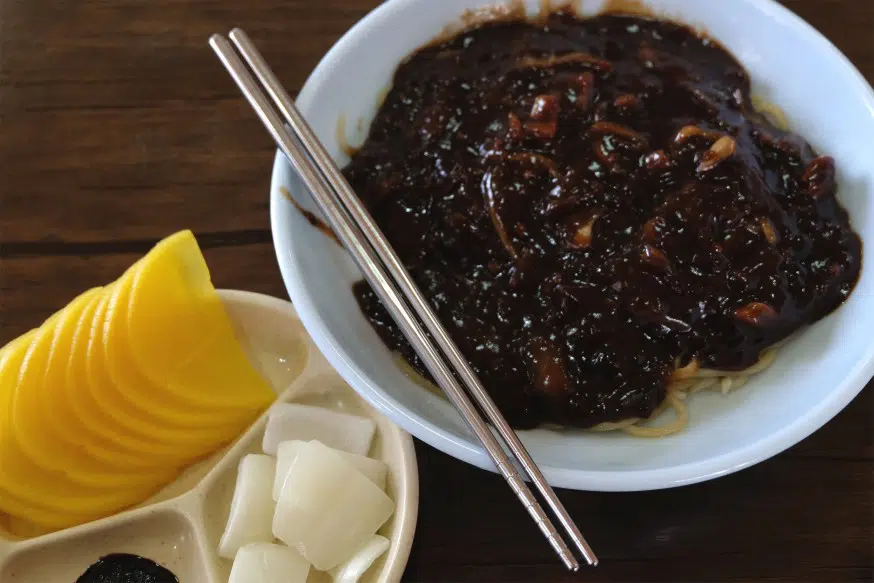
Is Black Bean Sauce Low FODMAP?
Black bean sauce can be low FODMAP depending on the serving size. The suggested amount of black beans is approximately ¼ cup which equals about 1.13 oz. Therefore, this is roughly the amount of black bean sauce that you can add to your food.
To be safer, begin by adding a smaller amount of black bean sauce and observe if you get any IBS symptoms. The FODMAP content could also vary depending on the brand of sauce and the other ingredients in it.
Incorporating Black Beans On A Low FODMAP Diet
Due to their various health benefits, you may still want to consider including black beans in your diet. Black beans can still carefully be incorporated into a low FODMAP diet. Due to their water solubility, the beans should be cooked, rinsed, and drained before eating. Canned beans are also a better option.
With the suggested serving size of ¼ cup of black beans per serving, you can incorporate these beans into some of your meals. Some easy ideas include quesadillas, tacos, salads, or soups.
However, if you are following a low FODMAP diet, it would be essential to know the FODMAP value of the other foods in your recipe to not exceed the recommended overall quantity. This could cause gastro-intestinal discomfort and trigger your IBS.
Another option is to substitute black beans for lentils. The advantage is that you are still consuming a legume and a good source of protein. Lentils are still considered high FODMAP, like black beans, but they are a good alternative as they are slightly lower in fructans content.
If you do not enjoy lentils, other plant-based protein options are also available for a low FODMAP diet. Eggs and tofu are good options for this, as well as some seeds and nuts. Try viewing these cookbooks for some more flavorful ideas.
Not Just Plain Ol’Beans
Black beans are high FODMAP, mainly because of their high content of oligosaccharides and fructans. Therefore, consuming black beans may cause pain and discomfort for people with IBS. Fortunately, you can still consider eating black beans if you have sensitivity to high FODMAP foods. Make sure the beans are either canned or cooked and drained correctly before adding to your favorite dish.
